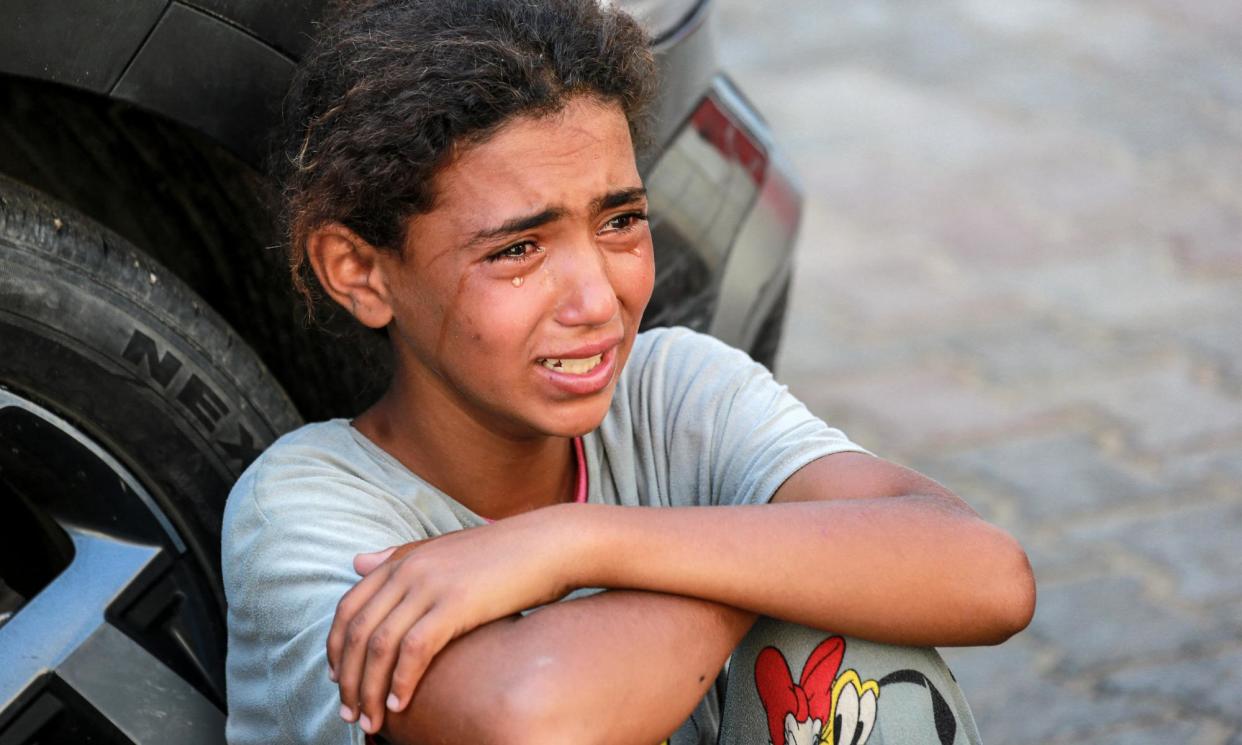The normalisation of dehumanisation in the Israel-Palestine conflict

The UN commission of inquiry’s report should shock us all to our very core (Israel and Hamas have both committed war crimes since 7 October, says UN body, 12 June). It describes in graphic detail the contempt with which Israeli and Palestinian military forces treat innocent civilians.
Sexual violence, collective punishment, starvation, humiliation, extermination and more are highlighted in a catalogue of war crimes and crimes against humanity. Of course, words of denial and accusations of bias are issued in protest. But the truth is that civilians have routinely been targeted in this decades-old cycle of violence.
There is a clear normalisation of dehumanisation that has allowed otherwise decent people to justify treating “the other” as subhuman. Israeli Jews and Palestinian Arabs are locked in a dysfunctional, asymmetric relationship and lack political leaders with the courage and integrity to change it.
The international community bears responsibility too. As the commission notes: “both the 7 October attack in Israel and Israel’s subsequent military operation in Gaza should not be seen in isolation. The only way to stop the recurring cycles of violence, including aggression and retribution by both sides, is to ensure strict adherence to international law.”
Far too little has been done to end occupation, oppression and the denial of Palestinian self-determination and virtually nothing to counter the constant delegitimisation of “the other”. That has to end now. Neither population is going anywhere, and everyone needs to recognise this fundamental reality and treat both equally.
William Bell
Head of Middle East policy, Christian Aid
• Have an opinion on anything you’ve read in the Guardian today? Please email us your letter and it will be considered for publication in our letters section.

 Yahoo News
Yahoo News 
